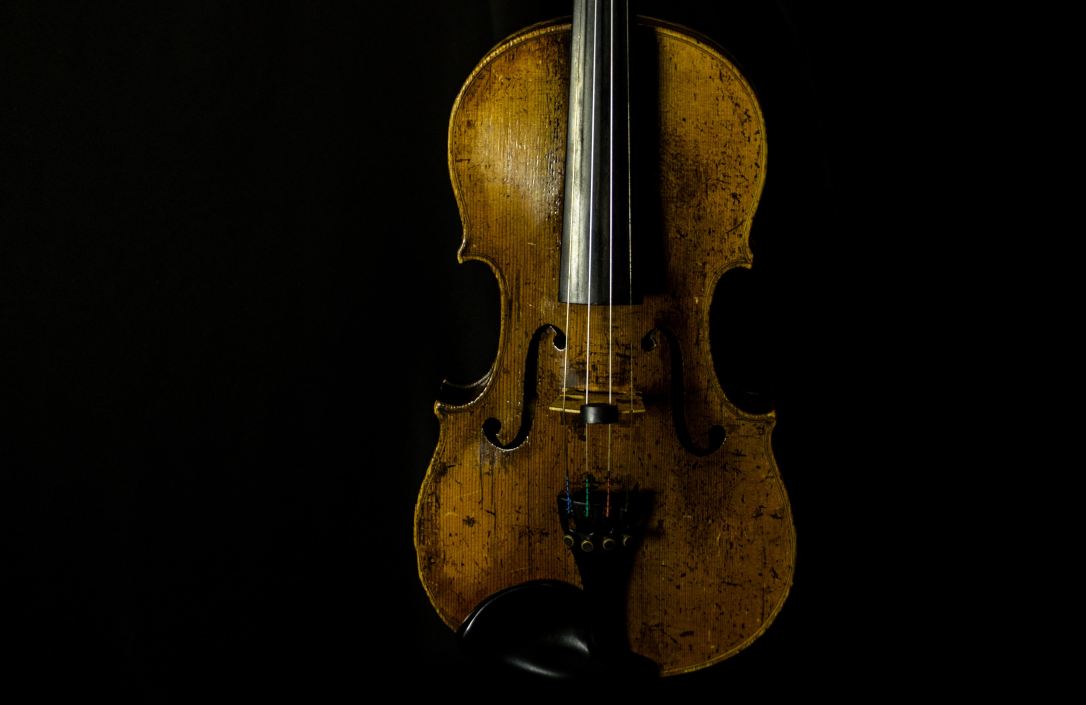
I watched Fiddler on the Roof two nights ago. Sometimes I get to review theatre shows and it’s honestly the only chance I get to watch theatre these days. I was doubly privileged the other night because it was produced close to home. No 40-minute drive into the city for a change!
I remember watching the 1971 film of Fiddler on the Roof on TV many moons ago as a young girl. My overall impression was of disappointment – that it didn’t have enough exciting dancing. I adored dance (I still do) and I lived for the entertaining stylings of Gene Kelly, Cyd Charisse, Fred Astaire and their ilk. To me, then, the story and the songs were incidental.
Triply privileged, then, to have had the chance to see it once again, now wearing the mantle of maturity. The best stories tell a deeply indivual story with eternal themes the reader or viewer can relate to: love, betrayal, war, power, and so on. Fiddler on the Roof does this perfectly, telling the story of a poor Russian Jewish man in 1905. Tevya is caring, well-meaning, intelligent and witty, which endears us to him. He has 5 daughters to worry about, a sharp-tongued wife, modern ways encroaching on his tradition-bound existence and the ever-present risk of trouble from the authorities.
Maybe we aren’t all familiar with turn-of-the-centuty Russia, but we all know love. We know what it is to struggle, to strive for betterment. We know what it is to face or witness discrimination and injustice. And we all know that too much alcohol will give you a stumping headache.
I am not often given to deep introspection when it comes to musicals – they are, after all, a vehicle to entertain, not enlighten. But the more I watched, the more I was struck by the deeper themes at play in this tale of Teyve, his family, a match-maker, love and tradition.
The musical ends, and I hope I don’t spoil it for you here, with a pogrom: all the Jews of Anatevka are expelled. Poor and small in number, they are powerless against the authorities. A few thoughts struck me, that I knew had no place in a general review, so I decided to share them here.
First, the community was central to everything. Everyone had his or her place. The rabbi to guide, the tailor to make clothes, even the begger to ask for pennies. Their community had been a complete entity. Now it was ripped apart. A place they had for generations called home.
Now they had to find new communities, strike out alone. In most cases this meant turning to family, however distant. A person compeletly alone, without family or community, was adrift. Butcher Lazar Wolf goes to his son-in-law in America. Hodel moves to be near her husband. Widowed, childless Yente, the matchmaker, decides to trek solo to the Holy Land. Something in my heart tells me she never made it.
Even moving voluntarily, it is a long and difficult road to discover a new home, get familiar with it, make friends, feel like you belong. And there are always be those who will revel in telling you you don’t belong, will never belong. Being forced from your home, uprooted by the will of the government, your life and community and family torn asunder? I cannot imagine how traumatic that must be.
Secondly, tradition is a huge theme in Fiddler on the Roof. There’s even a whole song about it. Every time Tevya comes up against a new affront to his traditional ways he battles internlly and talks it over with God. Each time he can see the happiness it would bring his daughters – a bond that in the end has a stronger pull than tradition.
So by the end Tevya has made room for many modern ideas. As the viewer we see Tevya as a much more enlightened man than before, who must surely feel as if his world has flipped on its head. But, I thought to myself as I watched, how much has actually changed?
The Jewish people are still second-class citizens. The oppressive government is still in power (though give it just another 12 years). The people who try to make changes are imprisoned for their efforts. And the women plod along almost exactly as before. They are still subservient to the head of the household. They must still keep house, have many babies, raise the children, cook and clean, worry about their children’s future. And the only job avilable to them – matchmaking – is gone with the arrival of love-matches. All that has changed is that they may now marry a man of their own choosing. A leap to be sure, but a little one. They still can’t go to school, or work, or live independently, or have any political voice. And if their love-match goes sour? I imagine a chorus of I-told-you-so’s from the elders.
For the women of Anatevka the door to equality has opened only a fraction of a fraction. And that thought is as sad as the sight of the villagers winding through the audience, carrying thert meagre posessions as they leave the only home they have ever known.


I agree, musicals do make you think- more than one does. That is part of the power of the musical theatre.
LikeLike
Too true!
LikeLike